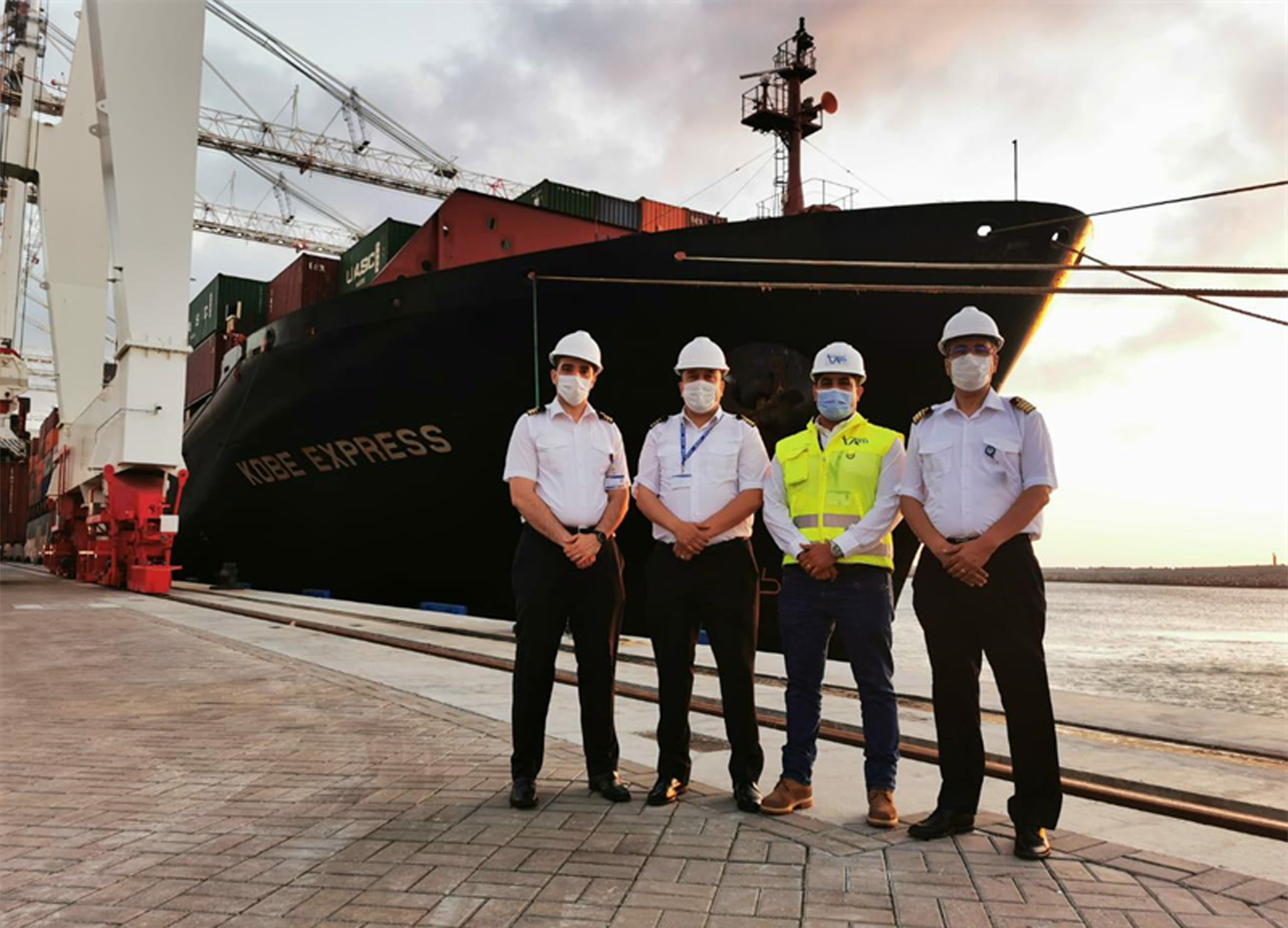
Hapag-Lloyd tests biofuel

In order to reduce emissions Hapag Lloyd is currently testing biofuel on one of its container vessels (Source: Hapag-Lloyd)
German container line, Hapag-Lloyd, is testing “B20” fuel, a biofuel mixture on its 2003-built container ship, Montreal Express. The 4,400-TEU vessel is deployed in the company’s St. Lawrence Coordinated Service 2 between Europe and Canada.
The B20 fuel comprises 80% low-sulphur fuel oil and 20% biofuel derived from cooking oil and fats previously used in the catering industry which generate 90% less carbon emissions than conventional fuels. The fuel is seen as the company’s latest initiative in its ambition to cut CO2 emissions by 50%, compared to 2008 levels, by the end of this year.
“Biofuels like B20 can help us reach this target,” declared Jørg Erdmann, the container line’s senior director of Sustainability Management. “This is because, in addition to having a low sulphur content, the fuel also emits less climate-damaging CO2 during combustion. We are checking to see whether the share of biodiesel has any adverse effects on the equipment and the fuel processing on board the vessel. If the test is successful, more ships from Hapag-Lloyd’s fleet could operate using B20 fuel in future.”
